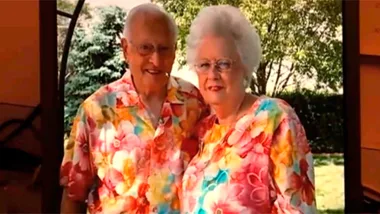A Black Saturday fire-fighter who kicked his former partner in the head so hard it blinded her in the left eye will keep his Royal Humane Society Certificate of Merit, despite the trauma caused to his victim and the feelings of his fellow fire-fighters.
Paul Francis McCuskey, 41, of Reefton, in rural Victoria — who is currently serving a five year, six month prison sentence for a series of assaults on his former partner — was named as a recipient of the bravery award in a Royal Humane Society ceremony at Melbourne Town Hall on February 24 for his part in the rescue of a woman and her animals during the Black Saturday bushfires.
Related: Read the original story here.
A statement from the Royal Humane Society of Australasia, seen by The Weekly, said that the role of the society was to bestow bravery awards on those who risk their lives to save others, disregarding all past and future actions.
“In the case of Mr McCuskey during the ‘Black Saturday’ bushfires he most certainly did put his life at risk on that day to save the life of another person,” the statement read.
“It has never been the role of the Society to judge award nominees on their probity either prior to or after their act of bravery.
“The rescuer’s probity is not considered relevant to their actions of bravery unless the rescuer was involved in reckless behaviour initiating the cause of the incident/rescue.”
As a result, the society Court of Directors decided that Mr McCuskey’s reward would not be withdrawn.
CEO of the Women’s Domestic Violence Crisis Service Deb Bryant says this decision sends a conflicted message to the public about domestic violence.
“Violent men often present an acceptable and even admirable public image,” she says. That makes it extremely difficult for women to escape the violence for fear they won’t be believed.
“I think to give this man a bravery award, particularly because the violence was so vicious, is counter-productive and obscures the seriousness of his crimes.”
McCuskey’s fire-fighting colleagues agree. “I’m not going to stand up and fight for him,” says CFA captain Dan Bennett, McCuskey’s former commander.
“As far as we are concerned, he’s a scumbag and he’s where he deserves to be. What we’re disappointed in that it’s taken the shine off the award for the rest of the crew.”
Related: ‘The terror of my abusive marriage’
McCuskey pleaded guilty two years ago to a series of attacks on his former partner.
In one assault, he punched and kicked the pregnant woman in the stomach, only stopping after a friend intervened.
In another he dragged her from their bed and kicked her in the head, leaving her bleeding and in terrible pain. She lost the sight in one eye. Doctors said the woman suffered injuries similar to those usually seen only in high impact car accidents.
Your say: Do you think a man convicted of serious domestic violence should be given a bravery award?
We have a new comment system. Log in through your favourite social network for easier comments and real-time discussion.
Video: Living with domestic violence




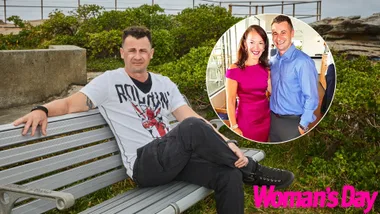



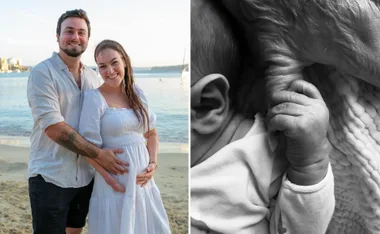





















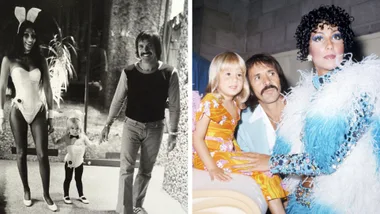





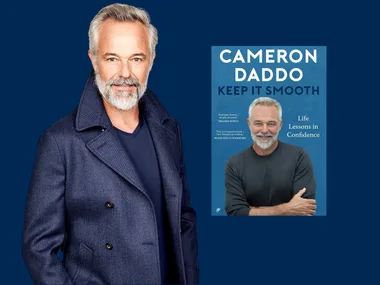





.png?resize=380%2C285)



























